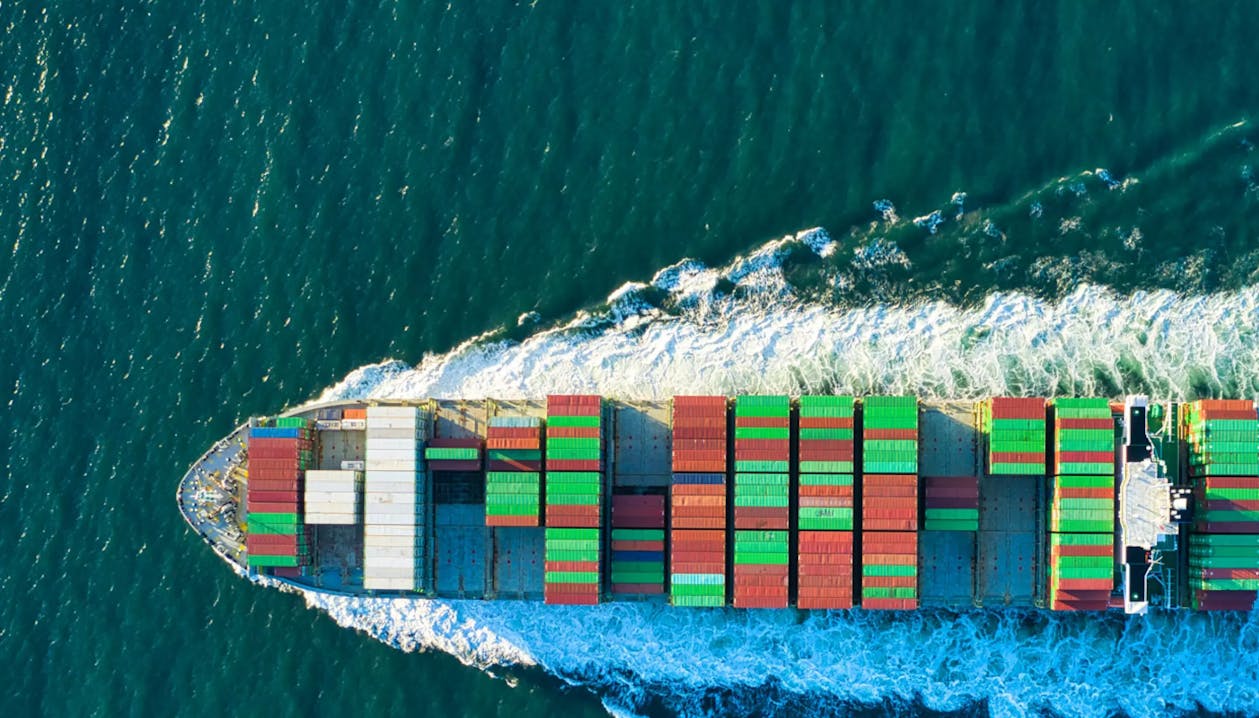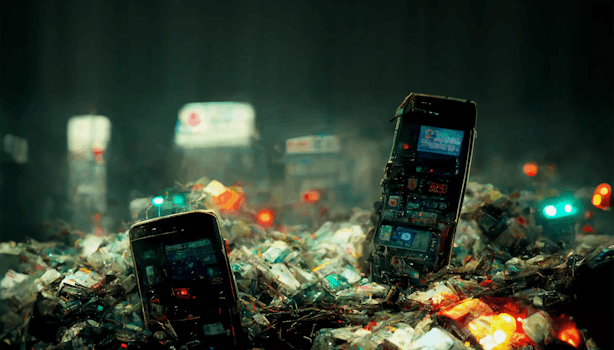Though large companies know that understanding supply chains is on their critical path to reducing emissions and ensuring compliance with global ESG standards, they find themselves unequipped to peek into their supply chains, and are actively looking for ways to account for their interconnected links.
Nowhere is this more true than for complex supply chains with increasingly critical materials, such as electric vehicles. As the world increases its dependence on batteries, consumers and governments alike are raising questions about the sustainability and ethicality of the battery supply chain.
The cathode of a typical lithium-ion battery cell is a thin layer that contains micro-scale crystals that pair up negatively charged oxygen with positively charged lithium and various other metals, including a mix of nickel, manganese and cobalt in most electric cars. As demand for batteries increases, demand for these rare metals will explode.
However, many of those are concentrated in regions of the world with less stringent requirements for provenance or working conditions.
Brands like Mercedes, Volvo or BMW cannot afford the reputational and operational risks that come with unethical supply chain practices, and are now required to invest in monitoring, greening and transforming their supply chains.








